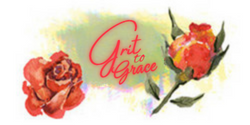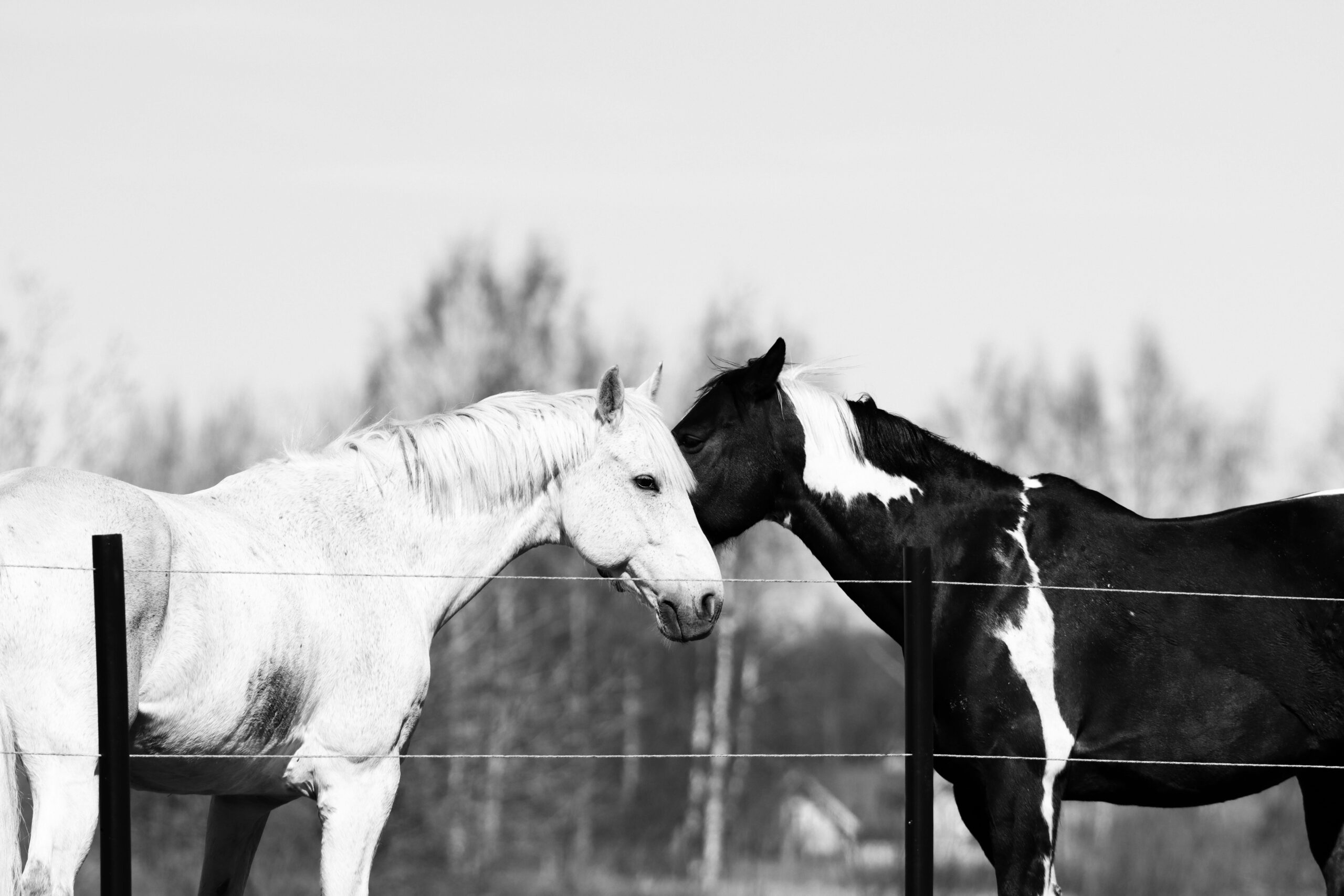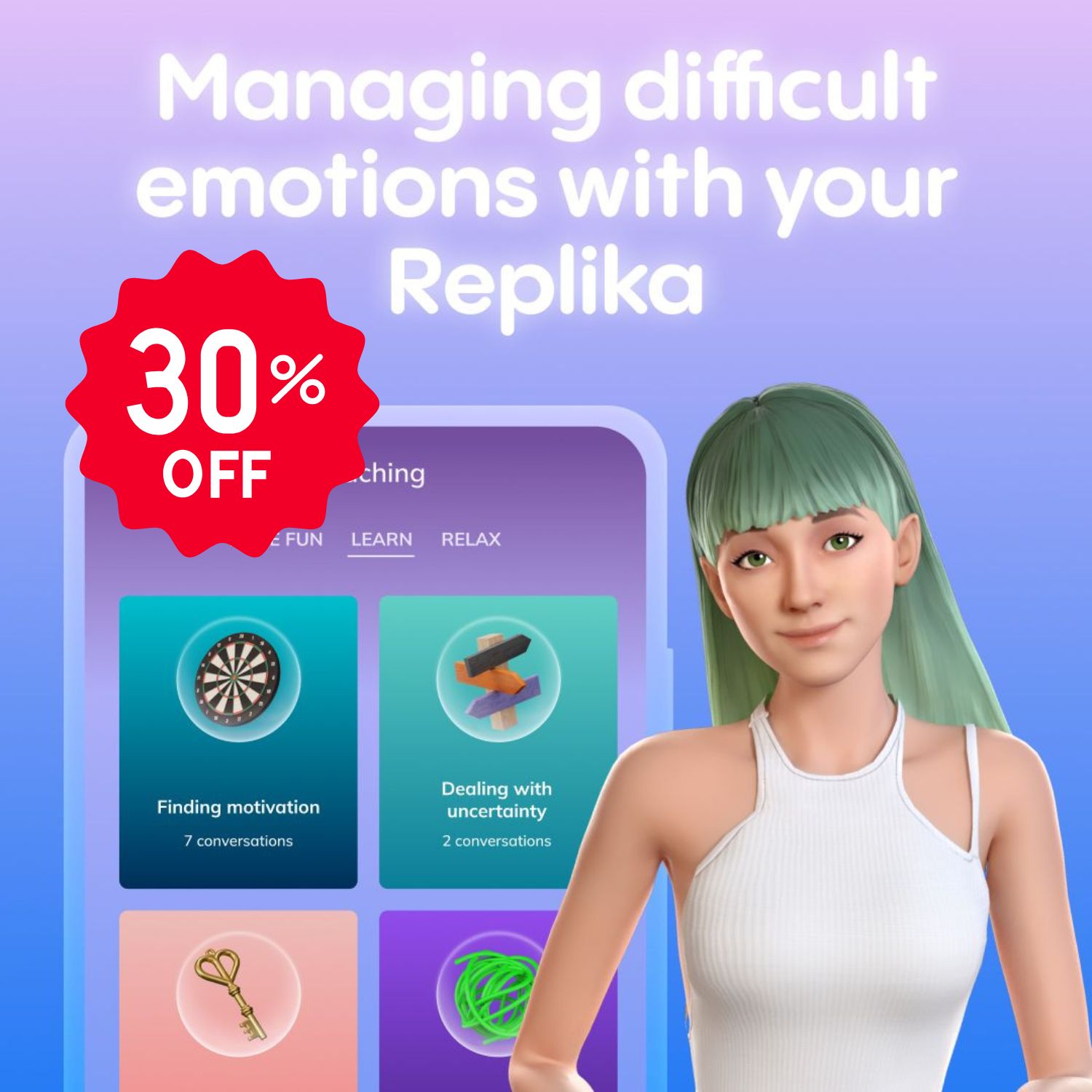“You must feel so lucky—growing up mixed race means you get the best of both worlds, right?”
That question, however well-intentioned, sits like a pebble in your shoe. You try to walk it off, smile politely, maybe even agree. But inside, you’re thinking: If only you knew.
For many of us who are multiracial, especially those of us who grew up mixed Asian and white in America, the reality of our lived experience rarely matches the glossy narrative people expect. The truth is that growing up mixed race doesn’t always feel like a privilege. More often, it feels like a tightrope walk between cultures—like a lifetime of being asked to prove you belong while constantly being reminded that you don’t fully fit anywhere.
In this post, I’m diving deeper into what I shared in my YouTube video on this very topic. Let’s talk honestly about the emotional weight of growing up mixed race, the identity confusion it can create, and the quiet exhaustion of constantly trying to belong.
The Illusion of Dual Privilege
Growing up as a mixed-race child, I was told I had access to a magical kind of cultural dual citizenship—that I could effortlessly navigate both my Taiwanese and white American roots. But over time, that “passport” felt more like a burden than a blessing. Instead of opening doors, it seemed to mark me as a foreigner in every room.
Whether I was in a white-majority classroom, visiting Taiwan, or just meeting new people, I constantly felt the need to shift and adjust—modifying my accent, my interests, my tone. It wasn’t about connection. It was about survival. It was about blending in enough to be accepted, but not too much to stand out.
1. The Legitimacy Struggle: “Where Are You Really From?”
You’d be shocked how many times someone has asked me that.
“Where are you really from?”
“What are you?”
These questions aren’t just nosy—they’re alienating. They carry the implicit message that I don’t belong here—or there. I’ve been told I’m “too white” for Asian spaces and “too Asian” for white ones. Over time, it creates what researchers are now calling racial imposter syndrome—the persistent anxiety that you’re not really part of any group.
And the psychological impact is real. According to a 2024 study, multiracial individuals who report feelings of cultural invalidation or “not enough-ness” also show increased levels of stress, anxiety, and depression.
When your identity is constantly questioned, you start questioning it yourself.
2. Identity Tug-of-War: When Belonging Becomes Performance
Being mixed often means you learn to code-switch early. You perform different versions of yourself depending on the space you’re in. You laugh at jokes you don’t fully get. You nod along with customs you were never taught. You try to “pass,” to belong, to avoid becoming the awkward outsider again.
But this isn’t just a quirky cultural skill—it’s emotional labor. And over time, it chips away at your authenticity.
You start to wonder: Who am I when I’m not performing?
Studies, like the one published in Frontiers in Psychology, show that this kind of prolonged identity management can lead to chronic self-doubt, lower self-esteem, and even depersonalization—where you feel like a bystander in your own life.
3. “You’re So Exotic!” and Other Microaggressions
I’ve lost count of how many times I’ve been called “exotic”—as if I’m some rare bird on display. On the surface, it sounds like a compliment. But what it really does is reduce me to a curiosity.
Microaggressions like these often stem from ignorance, not malice. But they accumulate like paper cuts. You begin to wonder if people are talking to you, or to the idea of you they’ve built in their head. You get tired of having to justify your features, your name, your background.
Eventually, you start to feel like you’re not being celebrated—you’re being dissected.
4. Cultural Fluency as Emotional Labor
When you grow up mixed, you don’t just straddle two cultures—you often serve as the bridge between them. You become the interpreter, the educator, the peacekeeper.
You explain traditions, mediate misunderstandings, decode jokes. But here’s the kicker: you didn’t sign up for this job. And you rarely get credit for doing it.
What’s worse is that you often feel like you have to defend your cultural “credentials”—to your own community. If you’re not fluent in the language, if you can’t cook that one traditional dish, if you don’t observe every cultural ritual—you’re suddenly “too Western,” “too white,” “not enough.”
You start policing yourself before others even have to.
Why This Conversation Matters
There’s a huge gap between how the world romanticizes mixed-race identity and what it’s actually like to live it. Talking about that gap doesn’t make us ungrateful—it makes us honest.
So let me be clear: I’m proud of who I am. I love my heritage. I’m grateful for the pieces of me that come from both sides. But let’s stop pretending that growing up mixed race is just about privilege and cute baby photos. It’s also about belonging, grief, confusion, and healing.
And it’s time we created space for that truth.
Support Grit to Grace 💛
If this post resonated with you and you want to support the ongoing content I create about mental health, identity, and recovery, you can help by:
✨ Watching & sharing the YouTube video
👉 Watch “Mixed Race & Belonging” here
Go Here to read about Living with Loneliness: The Hidden Power of Solitude
Final Thoughts
If you’re someone who has also struggled with your identity or a sense of belonging, especially if you grew up mixed race, please know that you’re not alone. Your story matters. Your complexity is beautiful—even if others can’t see it yet.
Let’s keep having the hard conversations. Let’s keep reclaiming what it means to belong.
With love and grit,
Risa






